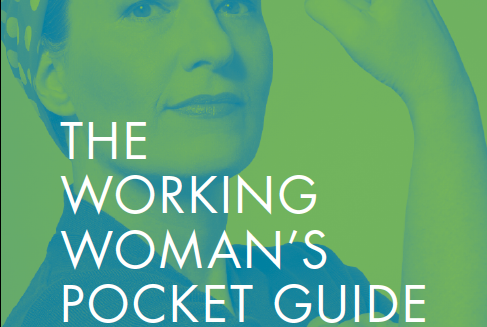The NY Working Woman's Pocket Guide
Healthcare Coverage
Under federal law and New York State regulations, whether you get your healthcare insurance through your employer, the individual market, Medicaid, or Medicare, your insurance must cover certain preventive services without out-of-pocket costs. This includes, but is not limited to, breast and cervical cancer screening, osteoporosis screening, pregnancy related services, well woman visits, and contraception.

Which insurance plans must cover preventive services?
All forms of insurance—including employer-sponsored plans, individual market plans, and Medicaid—must cover federally recommended preventive services without charging cost-sharing.
That means you shouldn’t pay anything out of your pocket for these services.
What are some examples of preventive services that apply specifically to women?
- Well-woman visits
- Coverage for all FDA-approved contraceptive methods
- Pregnancy screenings and folic acid supplements
- Breastfeeding counseling, consultation, and equipment rental
- Interpersonal and domestic violence screening and counseling
- Breast cancer mammography, genetic screening and counseling, and preventive medication
- Cervical cancer pap testing and high risk HPV DNA testing
- Osteoporosis screening
Are there any additional rights if I get my insurance through the individual market or Medicaid?
Yes. If you get your insurance through the individual market or Medicaid, the plan must cover ten “essential health benefits,” including:
- ambulatory patient services
- emergency services
- hospitalization
- maternity and newborn care
- mental health and substance abuse disorder services, including behavioral health treatments
- prescription drugs
- rehabilitative and habilitative services and devices
- laboratory services
- preventive and wellness services
- chronic disease management
- pediatric dental and vision care.
Disclaimer:
The information listed in this section does not constitute legal advice. It is always advisable to consult with an attorney about your individual circumstances if you have questions or think your rights as a worker have been violated.
The New York Working Woman’s Pocket Guide
To download the full New York Working Woman’s Pocket Guide as a PDF, click here.




